
WACPF

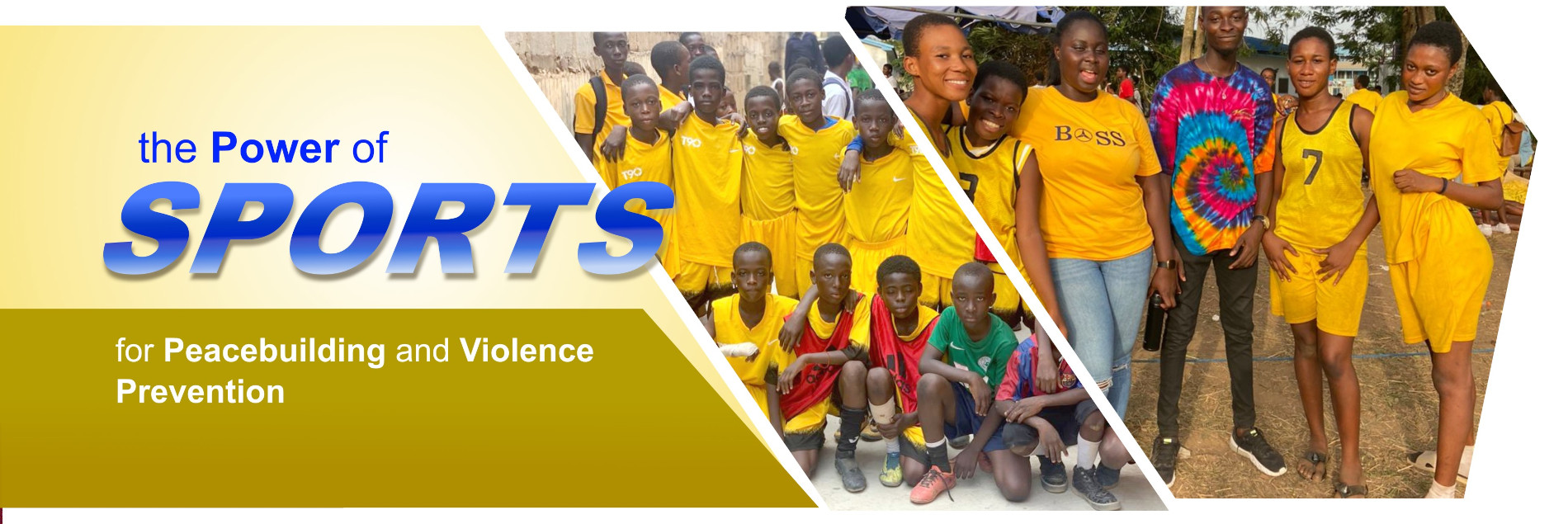
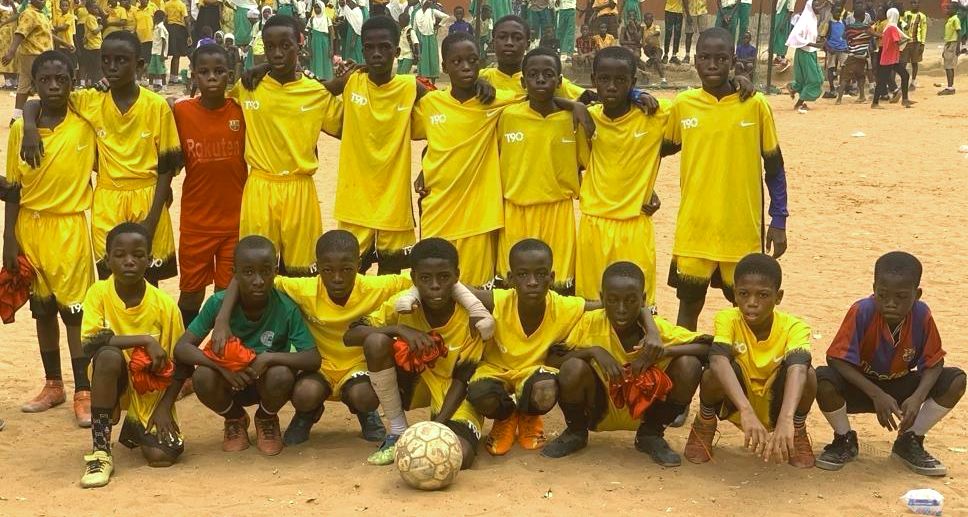
Sports, with its universal appeal and inherent values of teamwork, respect, and fair play, has emerged as a potent tool for peacebuilding and violence prevention among youth worldwide. In communities plagued by social tensions, inequality, and conflict, sports programs offer a unique platform to engage young people, promote positive behaviors, and foster a culture of peace. In view of this, the West Africa Centre for Peace Foundation – PeaceJam Ghana (WACPF) has engaged young people in this venture as part of its youth engagements in schools and communities. WACPF also explores the following multifaceted role of sports in empowering its youth, mitigating violence, and building resilient communities.
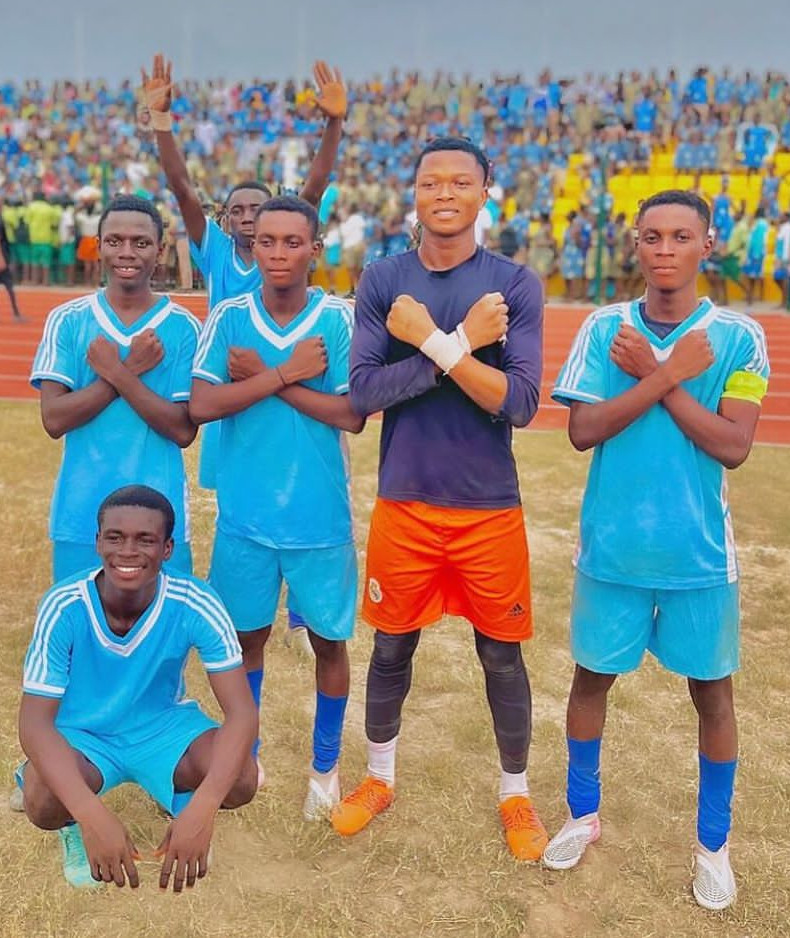
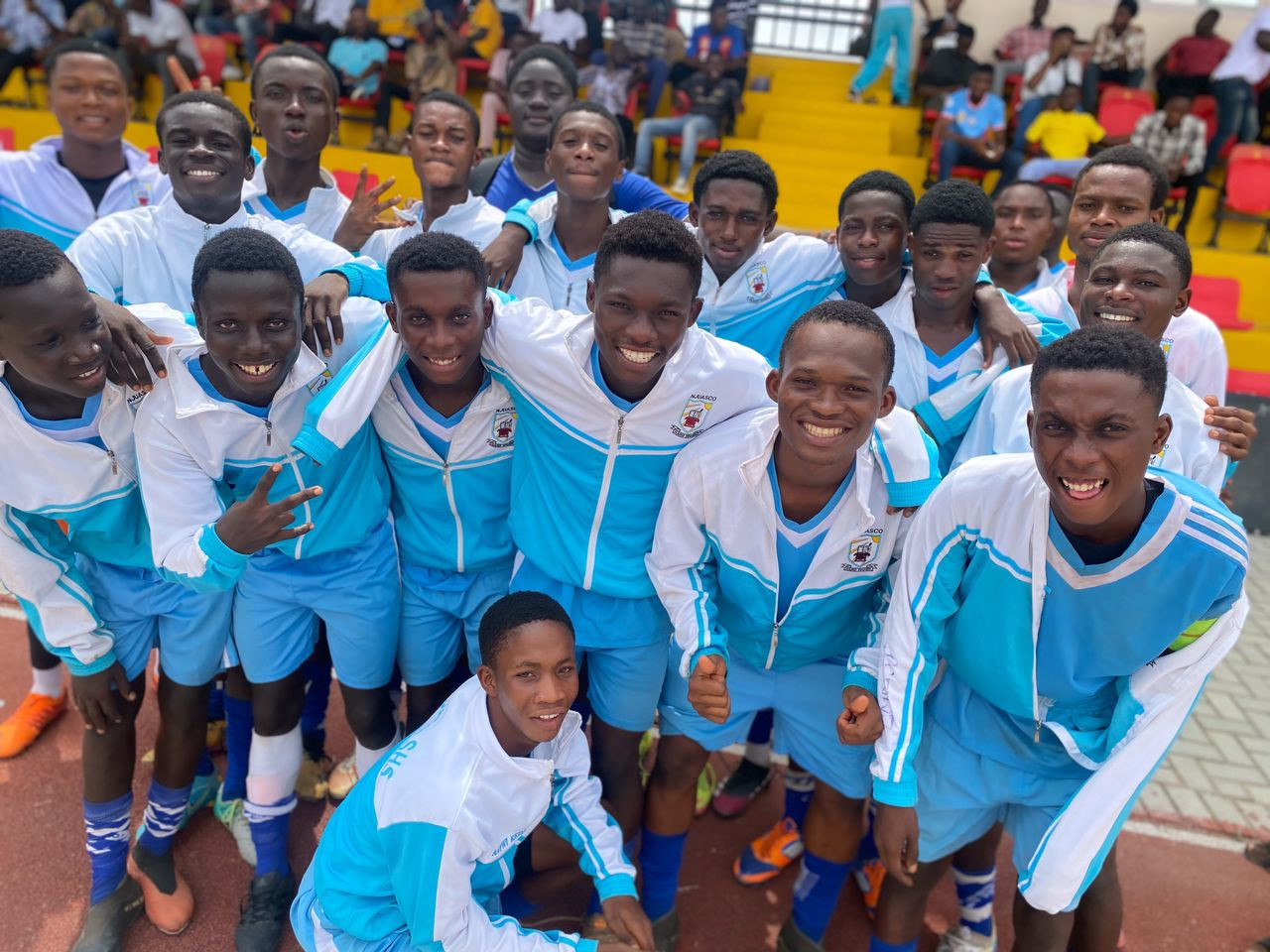
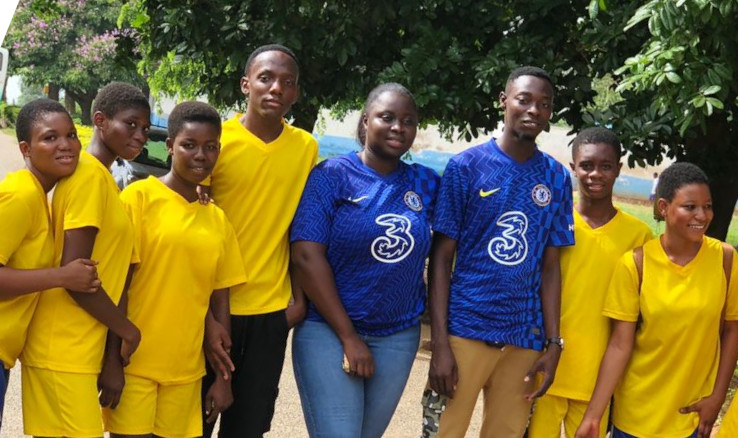
Sports provide a level playing field where all individuals, regardless of background or circumstance, can participate and excel. By breaking down barriers and promoting social inclusion, WACPF sports activities empower marginalized youth to reclaim their sense of agency and belonging. Through inter-schools and community teams, individual differences are celebrated as strengths, fostering a culture of diversity and acceptance. As young athletes develop their skills, confidence, and a sense of purpose, they become empowered to challenge stereotypes, resist negative influences, and pursue constructive pathways toward personal and community development.
For many of WACPF young people growing up in environments marked by poverty, unemployment, and social exclusion, the allure of violence and crime are strong therefore, our sports activities offer a constructive alternative, channeling youthful energy and aggression into productive outlets. Whether on the basketball court, football field, etc engaging our youth in sports provides an avenue for self-expression, competition, and achievement. By participating in structured training and inter-schools’ competition, youth develop discipline, resilience, and a sense of accomplishment, reducing their susceptibility to involvement in violence and antisocial behavior.
Sports have a unique ability to transcend cultural divides and foster cross-cultural understanding and cooperation. Through international tournaments, exchange programs, and friendly matches, WACPF young athletes interact with peers from diverse backgrounds, learning to appreciate differences and find common ground. These interactions promote empathy, tolerance, and mutual respect, challenging stereotypes and prejudices that fuel intergroup conflict. WACPF promotes dialogue and collaboration across ethnic, religious, and national boundaries, sports lay the foundation for peaceful coexistence and global solidarity among youth.
Aside our usual PeaceJam educational programs featuring Nobel Peace Laureates, participation in sports cultivates essential leadership and conflict resolution skills that are crucial for navigating challenges both on and off the field. As team captains, coaches, and mentors, young athletes learn to communicate effectively, collaborate with others, and resolve conflicts peacefully. Through the West Africa Centre Peace Foundation’s sports-based educational programs and workshops, young people acquire tools and strategies for managing conflicts, promoting social justice, and advocating for positive change within their communities. By empowering youth as agents of peace and transformation, our sports activities instills a sense of responsibility and civic engagement, enabling both male and females to address root causes of violence and promote sustainable peace.
Sports represent a powerful vehicle for peacebuilding and violence prevention among youth, offering opportunities for social inclusion, empowerment, and cooperation. As we harness the transformative potential of sports, WACPF is determined to look for different avenues and invest in initiatives that leverage the universal language of athletics to build bridges, inspire hope for boys and girls, and create a more just and peaceful world for future generations. By empowering young people as champions of peace, sports can be a catalyst for positive social change, transforming communities and fostering a culture of resilience, empathy, and reconciliation.